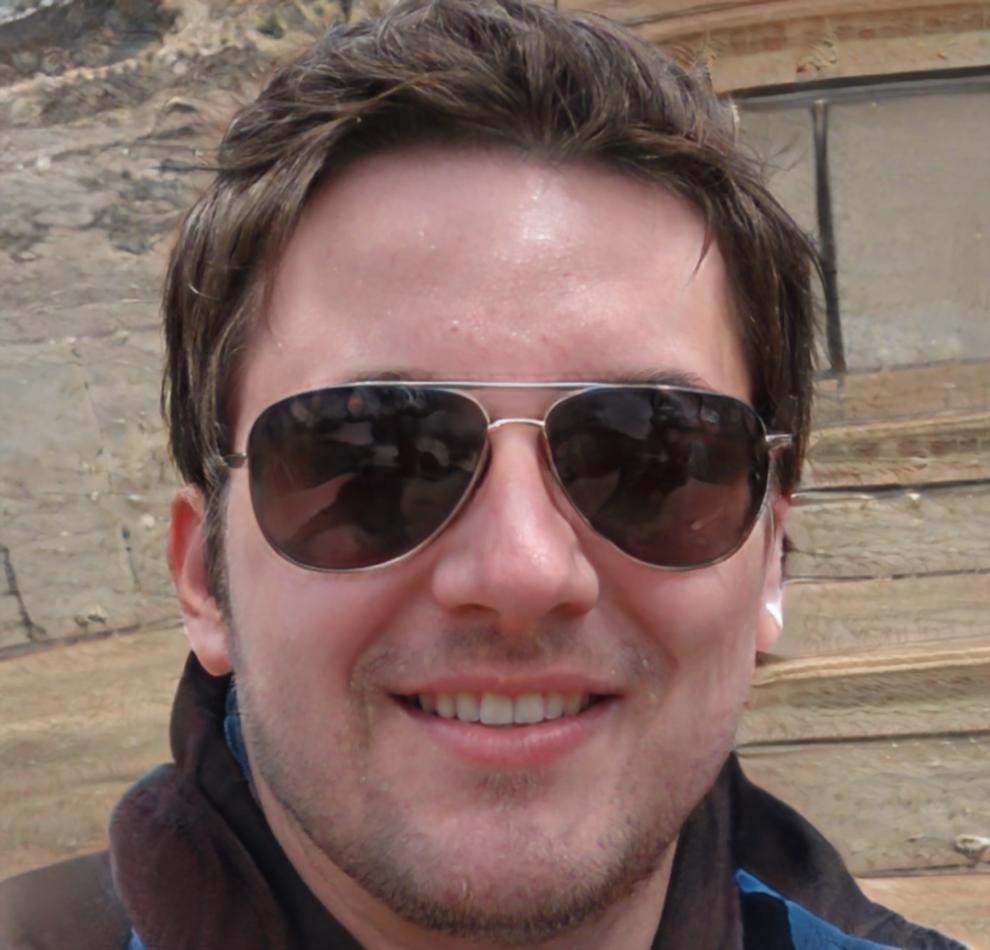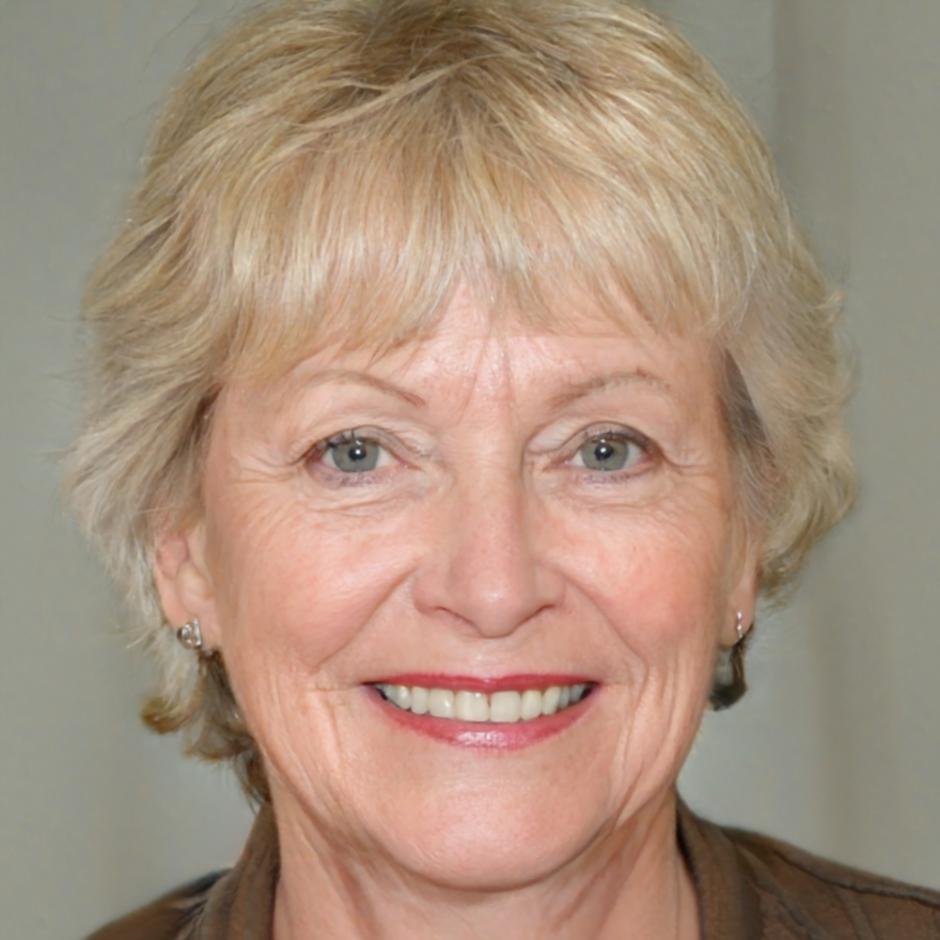Why We Created This
Back in 2022, I was helping a mate organize his business expenses. He'd been using a chaotic mix of receipts, bank statements, and sticky notes. Three hours in, we realized the real problem wasn't his system—it was that nobody had shown him a practical way to think about money categories.
That conversation shaped our entire approach. We don't teach textbook theory. Instead, participants work through scenarios based on real Australian households—mortgage stress in Albury, side hustle tracking for gig workers, family budgets that actually account for kids' activities.
Our program runs over eight months because financial habits take time to develop. Quick fixes don't work when you're rewiring how you think about spending.


